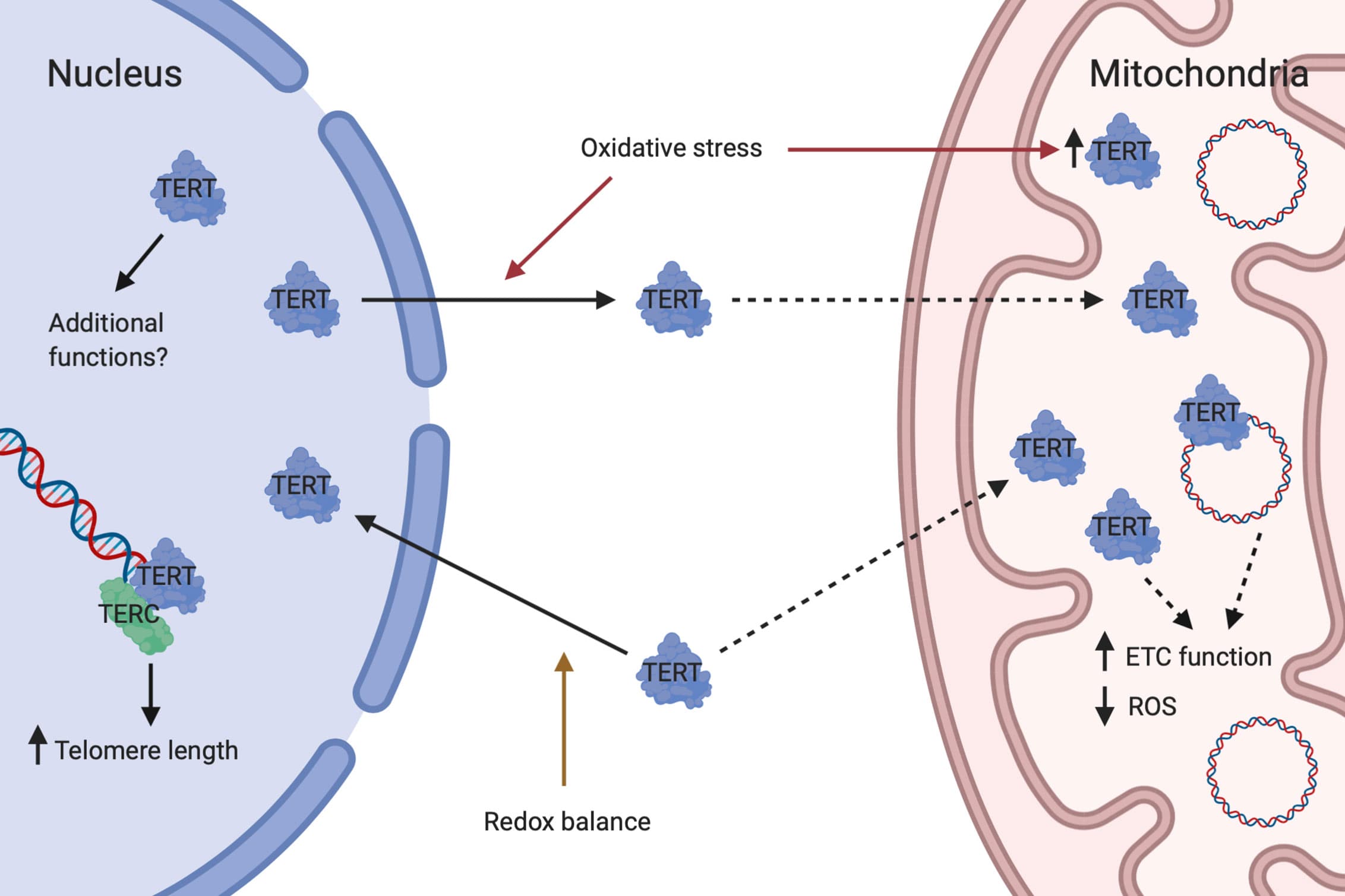Lithium's Potential as a Mitochondrial Enhancer and Neuroprotectant Explored

Recent discussions in scientific circles are highlighting the multifaceted potential of lithium, traditionally known for its role in psychiatric treatment, as a significant modulator of cellular energy and antioxidant processes. A recent social media post by "exp" asserted that lithium "boosts mitochondrial biogenesis," leading to "higher PGC-1α, NRF-1/-2β, TFAM, ⬆️ mitochondrial mass and ATP output," and further claimed it "boosts ETC activity (complex I -> III)," "lowers oxidative stress," "boosts antioxidant enzymes," "improves coupling efficiency," and "reduces ROS." The post concluded with a bold statement: "So yes, lithium will be the next creatine."
Research supports several of these claims, indicating lithium's influence on mitochondrial health and its potential neuroprotective effects. Studies have shown that lithium can indeed increase mitochondrial biogenesis, a process involving the growth and division of existing mitochondria, and enhance ATP production. This is mediated by the upregulation of key transcription factors such as PGC-1α, NRF-1, NRF-2β, and TFAM, which are crucial for mitochondrial proliferation and function.
Furthermore, evidence suggests that lithium contributes to reducing oxidative stress and enhancing the body's antioxidant defenses. Lithium has been observed to decrease markers of lipid peroxidation, such as TBARS, and can influence the activity of antioxidant enzymes like superoxide dismutase (SOD). This antioxidant effect is considered a significant aspect of its neuroprotective properties, particularly in conditions associated with neuronal damage.
The tweet's assertion regarding lithium's role in neurodegenerative diseases also aligns with ongoing research. Lithium has been investigated for its potential to lower the incidence of dementia and stabilize cognitive decline in Alzheimer’s disease. Its ability to modulate cellular pathways involved in mitochondrial function and oxidative stress is thought to contribute to these neuroprotective benefits, offering a promising avenue for therapeutic development in these challenging conditions.
While the scientific community continues to explore the full scope of lithium's biological actions, particularly at lower doses, the comparison to "creatine" in the tweet points to a growing interest in its broader application as a general health or performance supplement. However, it is crucial to note that lithium's primary clinical use remains in the treatment of bipolar disorder and other mood disorders, typically at doses higher than those discussed for supplemental benefits. Further research is needed to fully understand its potential and safety for widespread use beyond established medical applications.